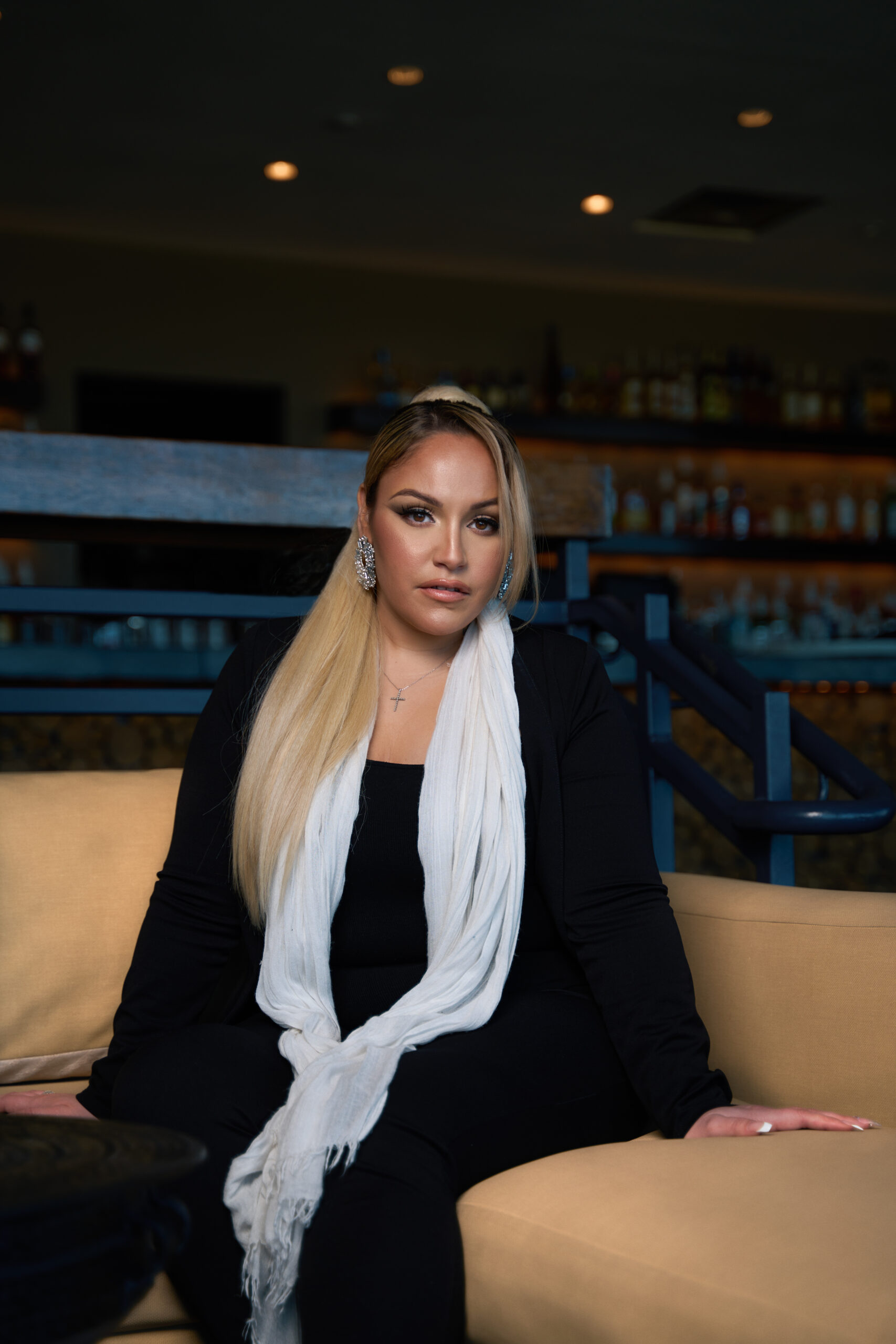
In this share, we explore the impact of family trauma and the path to recovery that enables us to live our purpose successfully. With the right tools, mindset, and support, it’s possible to heal from past wounds, break free from limiting beliefs, and confidently pursue our goals, creating a life that aligns with our true vision.
Overcoming Trauma: How to Overcome Family Challenges and Live Your Purpose
Trauma is an invisible force that shapes our lives in ways we often don’t fully understand. While it may be easy to identify physical injuries, emotional and psychological trauma often lingers beneath the surface, affecting how we relate to others, ourselves, and the world. Family trauma is particularly complex because families are the first environments where we learn how to navigate relationships, love, and conflict. When there is trauma within the family—whether it’s emotional, verbal, physical, or sexual—it can leave deep scars that impact not only our sense of self-worth but also our ability to pursue our goals and dreams.
However, the path to healing from family trauma doesn’t have to be defined by limitation. With the right tools, mindset shifts, and support systems, recovery is not just possible—it can lead to profound transformation. In fact, overcoming the effects of trauma can create space for greater clarity, purpose, and success. By addressing the emotional pain of the past, we can break free from old patterns, heal wounds, and step into our true potential, confidently living out our purpose.
Understanding the Impact of Family Trauma
Family trauma can take many forms, but its effects are often long-lasting. When we experience trauma within the family—whether it’s due to neglect, abandonment, abuse, or unhealthy dynamics—it can deeply affect our sense of security and self-worth. Children who grow up in environments where they feel unloved, rejected, or mistreated often internalize those experiences, believing that they are unworthy of love, success, or happiness.
This internalized trauma can manifest in various ways as we grow older. We may develop a fear of intimacy, struggle with trust, have difficulty setting boundaries, or find ourselves repeating unhealthy relationship patterns. As adults, we may feel stuck in the past, unable to break free from the stories and beliefs formed in childhood. These emotional scars can lead to feelings of unworthiness or inadequacy, creating internal blocks that prevent us from fully stepping into our purpose.
The impact of family trauma doesn’t just affect our personal relationships—it also affects how we show up in the world. For many, trauma leads to anxiety, depression, and a lack of confidence that can make it difficult to pursue career goals or live out one’s true potential. When we carry unresolved pain from our family experiences, it’s harder to focus on the present, much less the future. Family trauma can limit our vision for what’s possible in life, leading us to believe that we are incapable of achieving our dreams.
The Road to Recovery: Steps to Heal from Family Trauma
While the journey to healing from family trauma is deeply personal, there are essential steps that can help individuals overcome their past and unlock their full potential. Recovery isn’t about erasing the past—it’s about learning to process it, release its hold on you, and reclaim your power to live the life you deserve. Here are several steps you can take on the path to healing:
1. Acknowledge the Trauma
The first step to healing from family trauma is to acknowledge it. Many people carry trauma silently, either because they’ve been conditioned to ignore it or because they’re afraid of facing the pain. The process of healing begins with recognizing that the trauma occurred and accepting the impact it has had on your life. This might mean confronting painful memories or emotions, but doing so is necessary to break free from the grip of the past.
By acknowledging the trauma, you give yourself permission to feel the emotions that have been suppressed—whether that’s anger, sadness, grief, or even shame. The healing process begins with self-compassion, allowing yourself to feel and express these emotions without judgment.
2. Seek Support
Healing from family trauma is rarely a journey you can walk alone. It’s important to seek support from trusted individuals, whether that’s a therapist, a support group, or close friends who understand your struggles. Professional help, especially from therapists trained in trauma recovery, can provide valuable tools and coping mechanisms to navigate difficult emotions and experiences.
Support is vital for helping you reframe negative beliefs, challenge old patterns, and process past trauma. It also provides a safe space where you can be vulnerable without fear of judgment or rejection. Whether it’s through individual therapy, group sessions, or a coach specializing in trauma recovery, surrounding yourself with the right support system is essential to your healing.
3. Reframe Your Story
Our stories define us, and the way we view our past affects how we perceive our future. When we’ve experienced trauma, especially in the family, we may carry limiting beliefs that we are unworthy, incapable, or undeserving of happiness and success. Healing requires shifting the narrative we’ve created around our trauma.
Through mindfulness, therapy, and personal reflection, it’s possible to reframe the story of your past. This might mean forgiving yourself or others, letting go of old grudges, or challenging long-held beliefs that no longer serve you. Rewriting your story involves taking back control of your life and defining your worth and potential on your own terms.
4. Create Healthy Boundaries
One of the most important aspects of healing from family trauma is learning to set healthy boundaries. Often, trauma survivors have been conditioned to tolerate unhealthy dynamics or relationships, which can continue to drain their energy and hold them back from achieving their goals.
Learning to set boundaries means asserting your needs and protecting your well-being—whether that’s by limiting contact with toxic family members, establishing emotional boundaries, or saying “no” to situations that feel unsafe or draining. Boundaries are essential for creating the space you need to heal and thrive, free from the weight of your past.
5. Focus on Self-Care and Personal Growth
Healing from trauma also requires intentional self-care. This involves nurturing both your mind and body, and making time for activities that bring you joy, peace, and fulfillment. Whether it’s through meditation, exercise, hobbies, or creative pursuits, self-care practices help restore balance and help you reconnect with your true self.
In addition to self-care, ongoing personal growth is crucial. Engage in practices that help you reconnect with your purpose—whether that’s through journaling, vision planning, or engaging in professional development. Personal growth activities help shift your focus away from the pain of the past and toward the future you’re actively creating.
6. Embrace the Process of Forgiveness
Forgiveness is one of the most transformative acts in the healing process. It doesn’t mean excusing the harm that was done to you or allowing people to hurt you again—it means releasing the emotional grip that your past trauma has on you. Forgiveness is for your benefit, not for the person who hurt you.
Forgiving yourself is just as important as forgiving others. Many trauma survivors hold on to guilt, shame, or regret for things that were outside of their control. By practicing forgiveness, you free yourself from the chains of resentment and allow space for new opportunities, healing, and growth.
Living Your Purpose Despite Family Trauma
Recovering from family trauma is not a linear process, and it takes time. However, once you’ve begun to heal, you’ll find that the very challenges that once seemed insurmountable can become your greatest source of strength. Trauma, when healed, doesn’t define you—it refines you. It provides the opportunity to step into a new narrative, one where you take ownership of your life, your purpose, and your potential.
As you heal from family trauma, you’ll find that you are more equipped than ever to live your purpose. Your journey becomes a testament to your resilience, your ability to overcome, and your unwavering commitment to living authentically. When you heal your emotional wounds, you unlock your capacity to not only achieve success but to do so in a way that is meaningful and aligned with your true self.
Living your purpose successfully after trauma means embracing the entirety of your story—the pain and the healing—and using it as a platform to create a life that is filled with intention, impact, and joy. It’s not just about surviving your past; it’s about thriving in the present and creating the future you’ve always dreamed of.





Read the Comments +